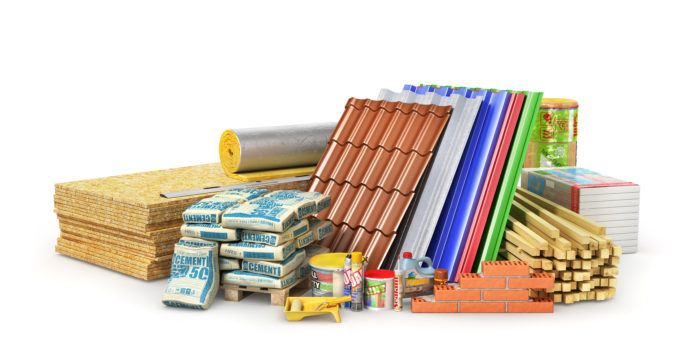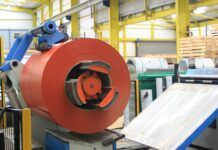A slight slowing of the market over the summer holiday months has resulted in product availability broadly improving but extended lead times continue for aircrete blocks and bricks.
This comes from the latest Construction Leadership Council’s Product Availability statement, which also warns that price inflation remains the biggest issue for the entire industry with further significant increases in inflation anticipated due to energy, raw material and labour cost rises.
Materials problems
Lead times for most roof tiles are improving but there are increasing reports of ungraded and poor battens being stamped as standard. Contractors are warned to ensure that correct battens are being used.
Meanwhile, high demand for bricks, particularly for new housing, continued over the summer and led to reduced stock levels. This pattern is expected to continue in September, but manufacturers are delivering to agreed schedules with customers.
Energy price hikes present a further challenge to both domestic and imported bricks, although the government support may ameliorate this issue for UK manufacturers. Aircrete supply has been compounded by a production issue at one of a major manufacturer’s sites, which meant deliveries were reduced in August.
Erratic timber prices
Rising energy costs are likely to affect timber prices as we move into Q4 and Q1 2023. There are good stocks on the ground of both structural softwood and wood-based panels, but stocks at ports are much lower and buyers will need to consider forward purchases to ensure the specifications they require are available through to year end and into 2023.
Price pressure eased considerably over the summer, but log prices remain firm as demand for pulp and paper, pallets and fuel wood is currently very strong throughout Europe. With energy costs rising, forward replacement prices for structural softwood are unlikely to be at current UK levels.
International difficulties
Despite the government’s recent announcement of a six-month energy price cap for business users, providing help to local manufacturers, the risks around supply and cost of energy now threaten manufacturing throughout the EU. This could lead to possible factory shutdowns on the continent leading to shortages of products, materials and components exported to the UK while it wrestles with its own energy prices.
Furthermore, uncertainty around energy supply in Europe could also impact raw materials for paints and coatings, which are already affected by raw material shortages. Medium-term, there is a need to amend the UK REACH registration process to ensure chemical registration is not made so difficult and expensive that UK manufacturing loses access to key substances for products.
Overall, steel supply has improved, but the EU has filled its quotas from non-EU countries, including the UK. Heavy sections cannot be transported from the UK mainland to Northern Ireland without incurring tariffs.
>>Read more coverage on the Product Availability Reports here.




